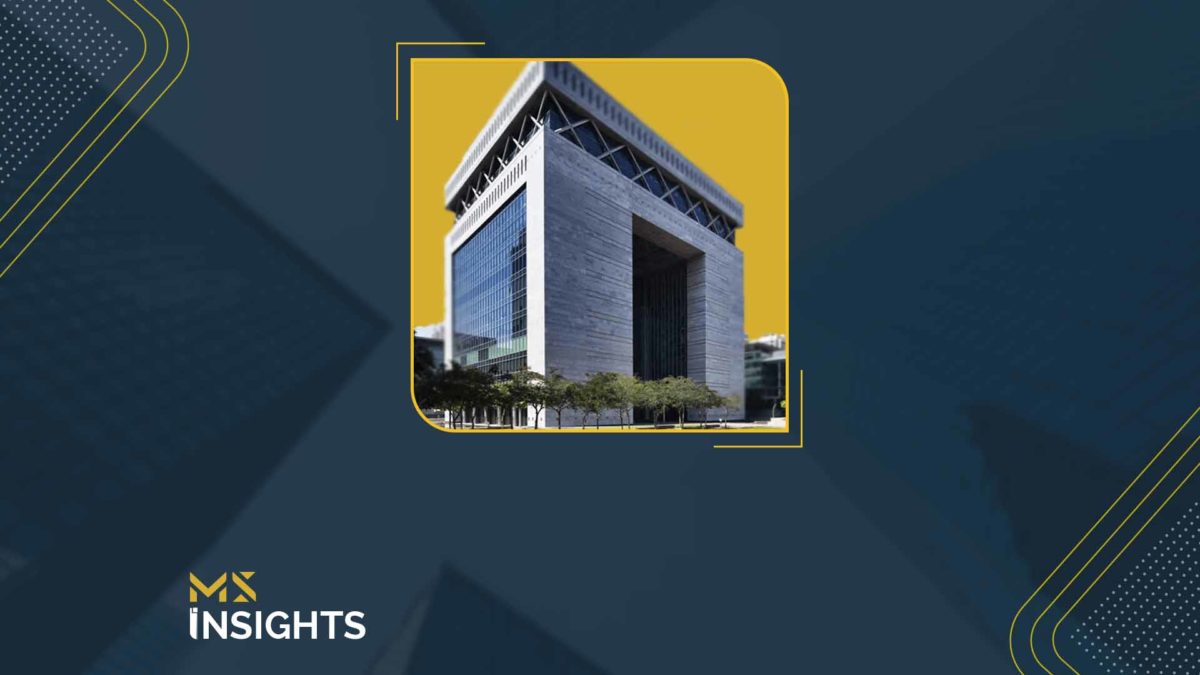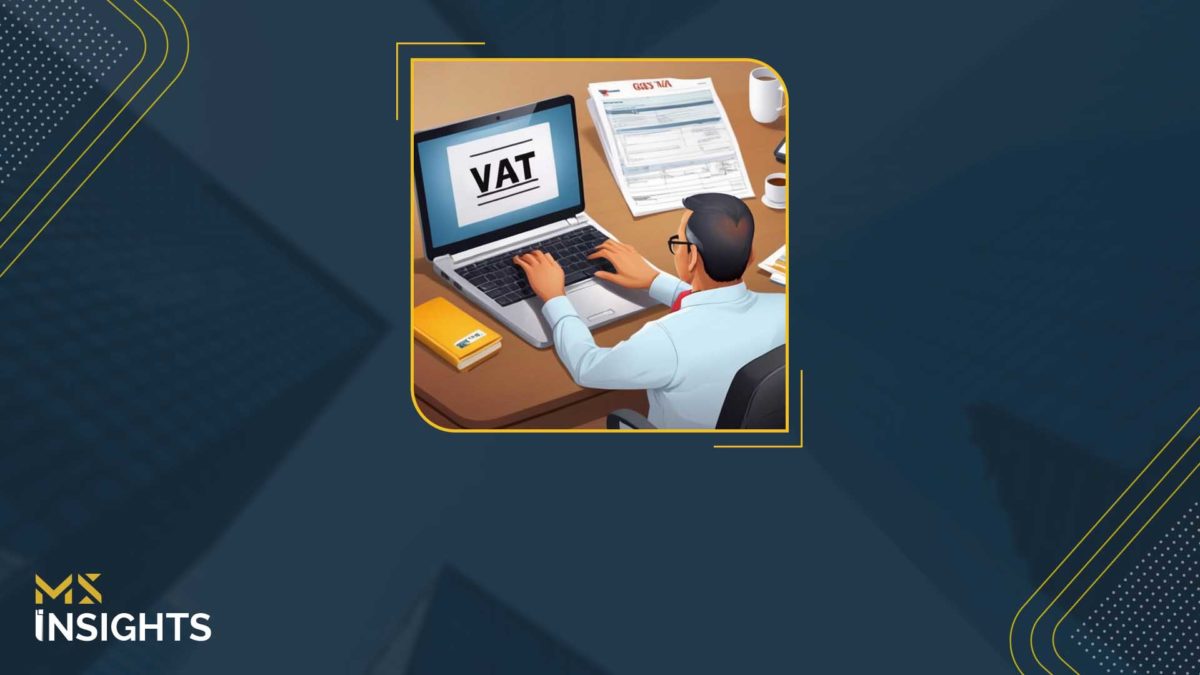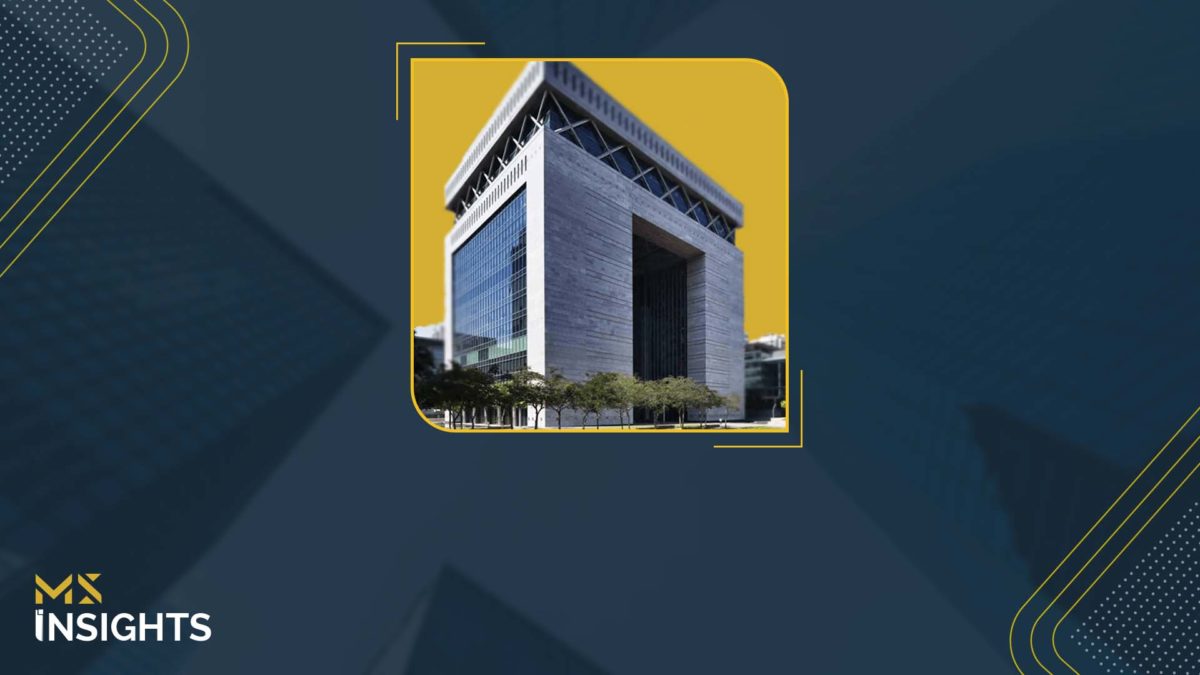In today’s whirlwind marketplace, where change is the only constant, businesses find themselves in a relentless race against time. The rapid pace of technological innovation, evolving regulations, and groundbreaking processes can transform the landscape overnight, leaving those who fail to adapt at risk of becoming obsolete.
To stay ahead, companies must embrace a culture of reinvention, streamline their resources, and offer products that not only meet but exceed customer expectations.
Yet, in this competitive arena, organizations face another formidable challenge: the battle for talent. Skilled professionals who can tackle the complexities of change and drive innovation are in high demand, and they know their worth. With numerous opportunities at their fingertips, top candidates can afford to be selective about where they invest their skills and passions.
For organizations eager to lead rather than follow, attracting, nurturing, and retaining exceptional leaders is vital for survival. This is precisely where leadership assessment becomes a game-changer. By systematically evaluating the competencies of their executives, organizations can identify and cultivate the right talent to guide them through turbulent times.
Effective leadership assessment ensures that companies are equipped with individuals who can trace the complexities of change, drive innovation, and chart a course toward sustainable success. With the right leaders at the helm, organizations can confidently face challenges and seize opportunities, positioning themselves as frontrunners in their industries.
The Impact of Effective Leadership Assessment on Organizational Success
Leadership assessment serves as a powerful tool for organizations looking to optimize their leadership potential. This structured and objective process involves a comprehensive evaluation of executives’ capabilities, aligning them with the specific needs and challenges facing the organization. By leveraging various assessment methodologies, such as psychometric tests, 360-degree feedback, and competency frameworks, leadership assessments provide a well-rounded view of an executive’s strengths, weaknesses, and areas for development.
Rather than merely measuring self-worth or providing subjective opinions, leadership assessments are designed to focus on how an executive’s skills and competencies align with the organization’s strategic objectives and the realities of the market. This approach enables companies to identify the critical skills needed to navigate the complexities of today’s business landscape, ensuring that their leaders are not only capable but also adaptable to change.
Understanding the Leadership Assessment Process: What to Expect
A leadership assessment involves several steps:
- Competency Evaluation: Executives are assessed based on a set of defined competencies relevant to their roles. This assessment often includes psychometric testing, peer feedback, and performance reviews.
- Benchmarking: The results are compared to industry standards and best practices to gauge how executives measure up relative to their peers.
- Actionable Insights: Findings from the assessment highlight strengths and areas for improvement, allowing companies to tailor development plans and succession strategies for their leaders.
- Development Plans: Based on the assessment results, organizations can create targeted improvement plans, which may include professional development opportunities, coaching, and mentorship programs.
Advantages of External Leadership Assessments
Many companies are recognizing the benefits of engaging external organizations for leadership assessments:
- Efficiency and Focus: Internal executives often have their hands full managing daily operations, making it impractical for them to conduct thorough evaluations. An external consultancy specializes in this work, allowing companies to focus on their core operations while gaining valuable insights.
- Objective Feedback: External assessors provide an unbiased view of leadership capabilities. They can deliver frank feedback without the complications of internal politics, which can often distort perceptions and hinder honest evaluations.
- Comprehensive Perspective: External assessments draw on a wider range of data and industry benchmarks, ensuring a well-rounded view of leadership performance and potential.
Transformative Benefits of Leadership Assessment: Beyond the Basics
Implementing a leadership assessment can lead to several transformative benefits for an organization, including:
- Cultural Alignment: Assessments can help organizations align their managerial and cultural frameworks with the current competitive landscape, ensuring that leadership styles are effective and relevant.
- Enhanced M&A Integration: Understanding the human capital aspects of mergers and acquisitions becomes more streamlined, allowing for smoother transitions and better alignment between merging entities.
- Improved Talent Management: Organizations can identify high-potential individuals, create development pathways, and ensure that top talent is nurtured and retained.
- Data-Driven Decisions: Companies can make informed decisions regarding promotions, succession planning, and leadership development based on objective data rather than intuition or bias.
When to Implement Leadership Assessments for Maximum Impact
Many organizations initiate leadership assessments when they seek to evaluate their management teams regularly. Approximately 30% of leadership assessments are now integrated into ongoing executive evaluations. Companies that adopt this proactive approach gain a comprehensive understanding of their leadership capabilities, identify gaps, and streamline succession planning.
How MS Enhances Executive Search and Placement After Leadership Assessments
In today’s competitive landscape, where the battle for top talent is intensifying, organizations often find themselves reassessing their leadership needs. After a leadership assessment reveals gaps or opportunities for growth, MS is prepared to facilitate that transformation with unparalleled expertise and precision. Our executive search services are specifically designed to identify and attract exceptional leaders who align with your company’s vision and values. By leveraging our extensive industry network and insights, we pinpoint high-caliber candidates capable of driving innovation and steering your organization toward its strategic objectives. Our collaborative approach ensures that we deeply understand your unique requirements, enabling us to present candidates who seamlessly fit into your culture. As firms increasingly prioritize leadership assessment, MS stands ready to help you emerge victorious in the talent war.










